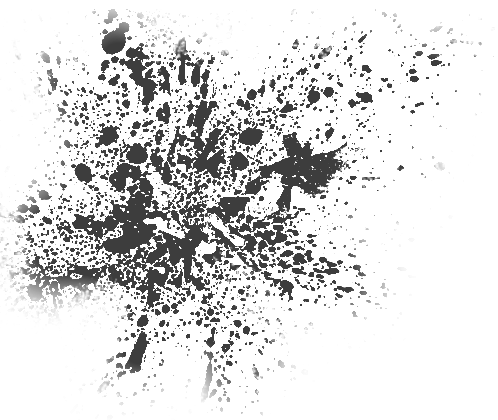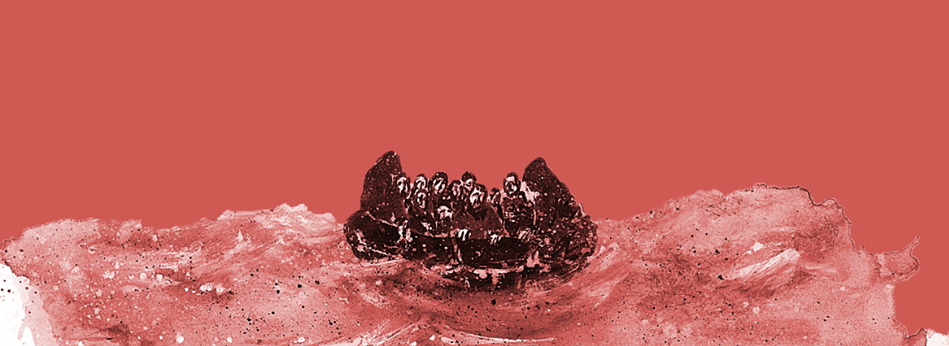This little book was spontaneously written one afternoon of July 2016, during the days that police forces violently evicted the housing squats of Orphanotrofio, Karolou Dhill and Nikis in Thessaloniki. Since then, some things may have changed. But closed borders, military control of the movement, concentration camps, violent interventions of all kinds by cops and fascists in places where migrants live as well as the efforts for their moral and physical annihilation remain in the daily agenda.
This is a somewhat different attempt to communicate the way in which we understand the “refugee crisis” as part of the ever growing geopolitical and economic rivalries at global and local level and the state-capitalist barbarism as expressed both in the wars raging in the Middle East and Africa and in the Europe of crisis, the fortress-Europe.
Recognizing in the struggles of migrants for decent living and freedom of movement parts of our own struggles against security-regimes, fascism, economic and social strangulation, the need to stand next to people trying to oppose this modern totalitarianism was evident for us. The language in this story may be for children, but the content remains utterly hard and true. No need for complicated words to describe what is so obvious. Even a small child can understand by looking around the size of the disaster that whole populations have suffered, left with only one way to escape, the way of migration.
Some people might find this tale as a “beautification” of the relations that have emerged between all those taking part, or the movement of solidarity in general. It is clear that the way people exist together is more complicated. Individual differences, disagreements and contradictions are also part of a diverse action, inevitable but also desirable part of our common struggles. And that was what we decided to keep in this story, a story that is not newly started (as is schematically said in the text) and certainly will not end any time soon. Even in the darkest tales a trickle of hope faintly gleams keeping us strong and motivating us to continue.
The printed version of the book has been translated in five languages: Arabic, Farsi, Greek, English and French. Our aim was to interweave the languages in the same way we would like our cultures to interrelate. But the different way that Arabic and Farsi languages are being read (starting reading from what Westerners call back cover) combined with our financial constraints made us separate them into two different books. In the web version you can also find the story translated in other several languages.
A big thank you to Kostas M. for the wonderful illustrations that gave life to this little story.
prologue

